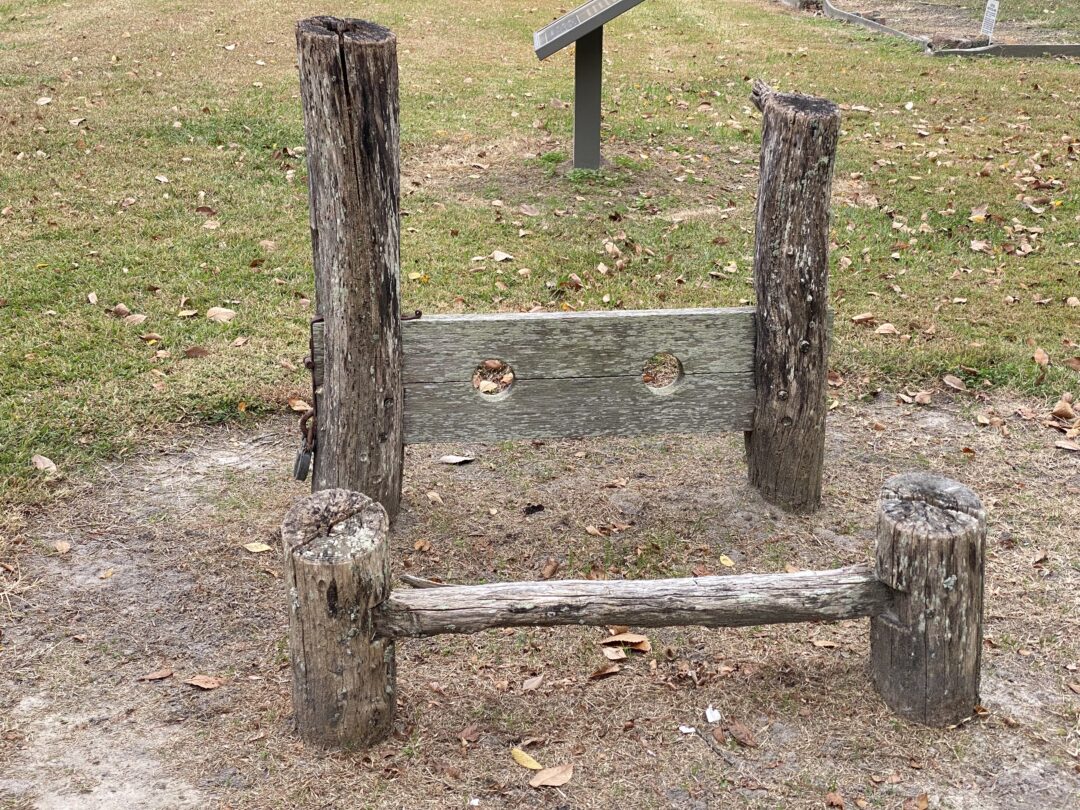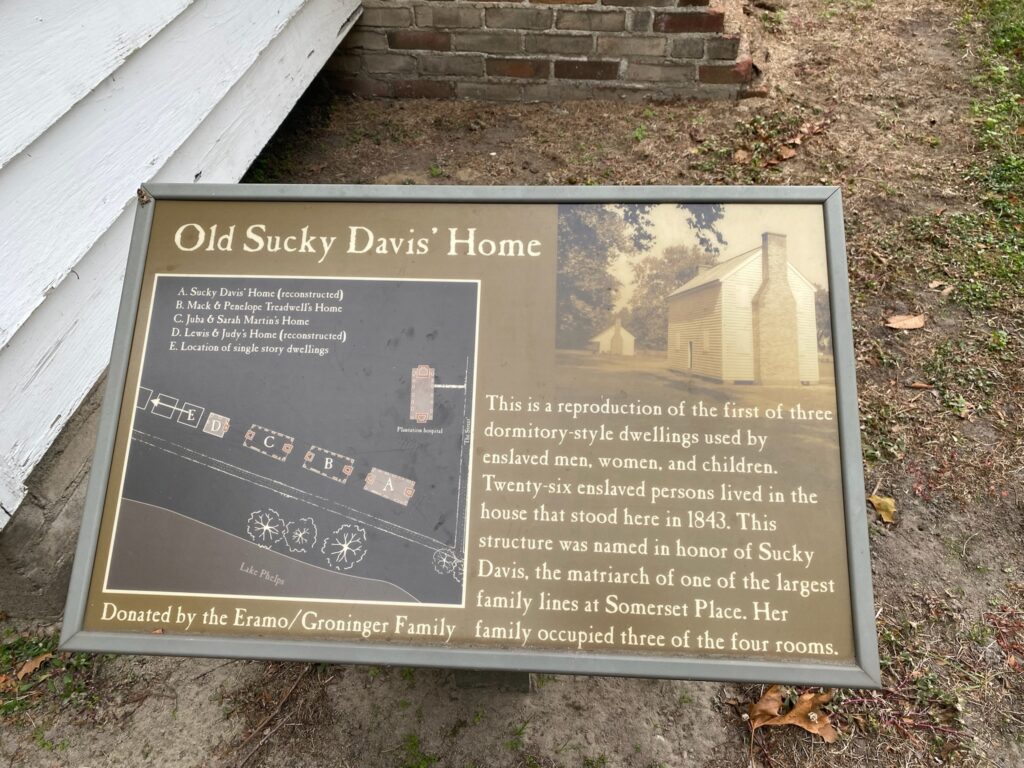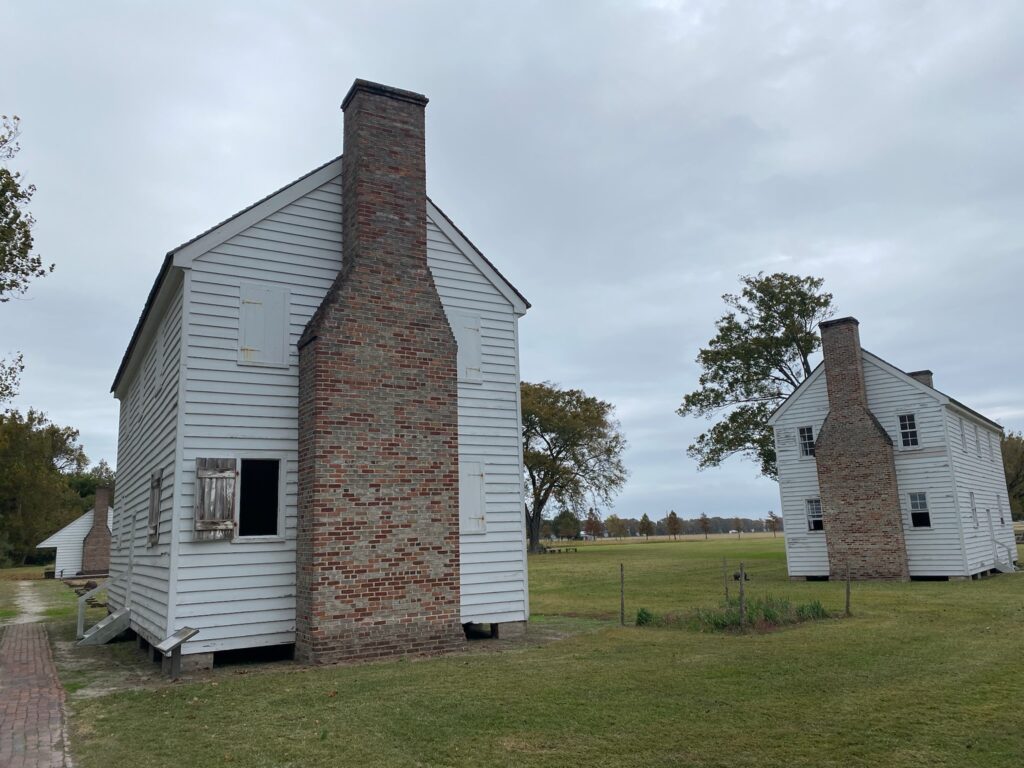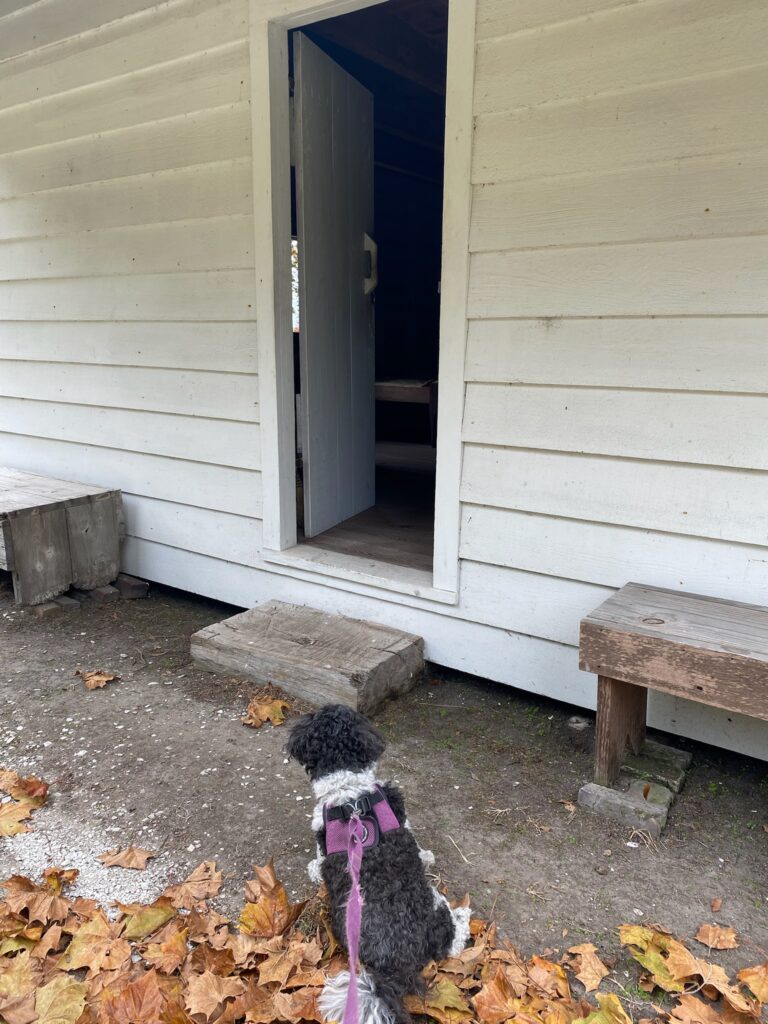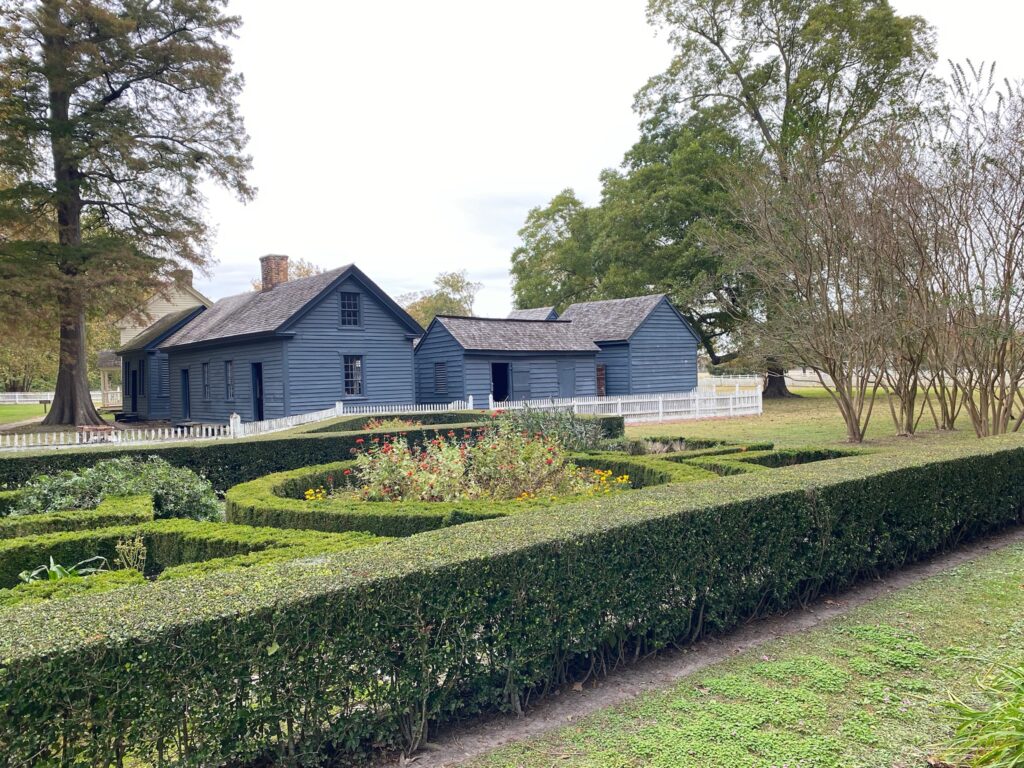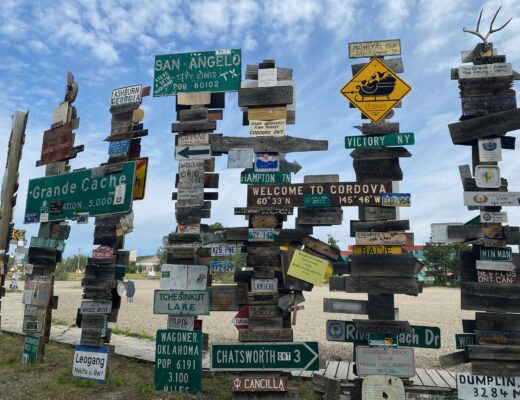Summerset Place in North Carolina was one of the largest plantations in the upper south with nearly 200 slaves by 1790. More than 850 men, women and children worked here for the Pettigrew family during its 80 years in operation.
The plantation became part of Pettigrew State Park in the late 1930s, underwent some restoration in the 1950s, and now is a North Carolina historic site.
From the campground near Phelps Lake, it was a short walk to the site and although the plantation owner’s home was not open to tour when we were there, many of the other buildings, including slave quarters, were. The Pettigrew Cemetery was also nearby.
I can’t say it was fun visiting a historic site that is part of America’s greatest shame. It was, however, important. Slavery created a horrific caste system (probably a huge understatement) that continues to impact its decedents today who still suffer from its unfair education and employment systems, along with other injustices. If you’re Caucasian, like I am, whether there’s any family plantation ownership in your past, learning about this history brings with it a self-loathing and deep-rooted disgust, which is could be part of the reasaon these conversations have been (for nearly 400 years), and continue to be, ignored, even though it is wrong. The visit to this historical site and others like it gave me more than pause. It left me feeling disappointed in mankind, sad, hopeless, and wondering if it is even possible to make amends for such atrocities.
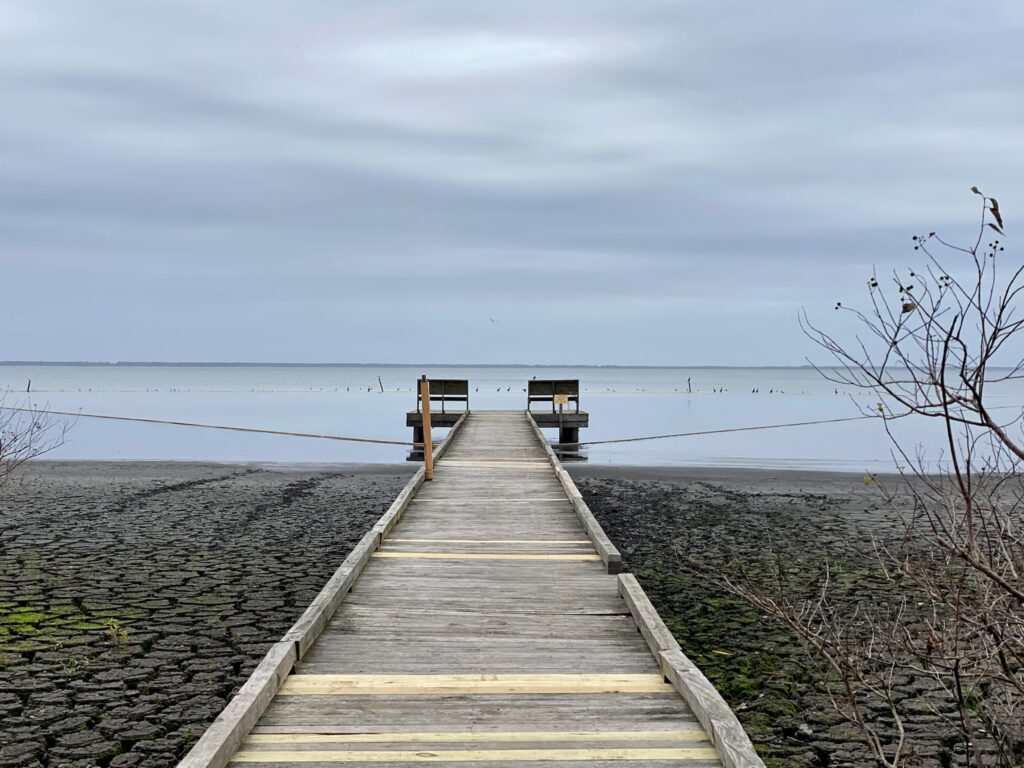
Phelps Lake
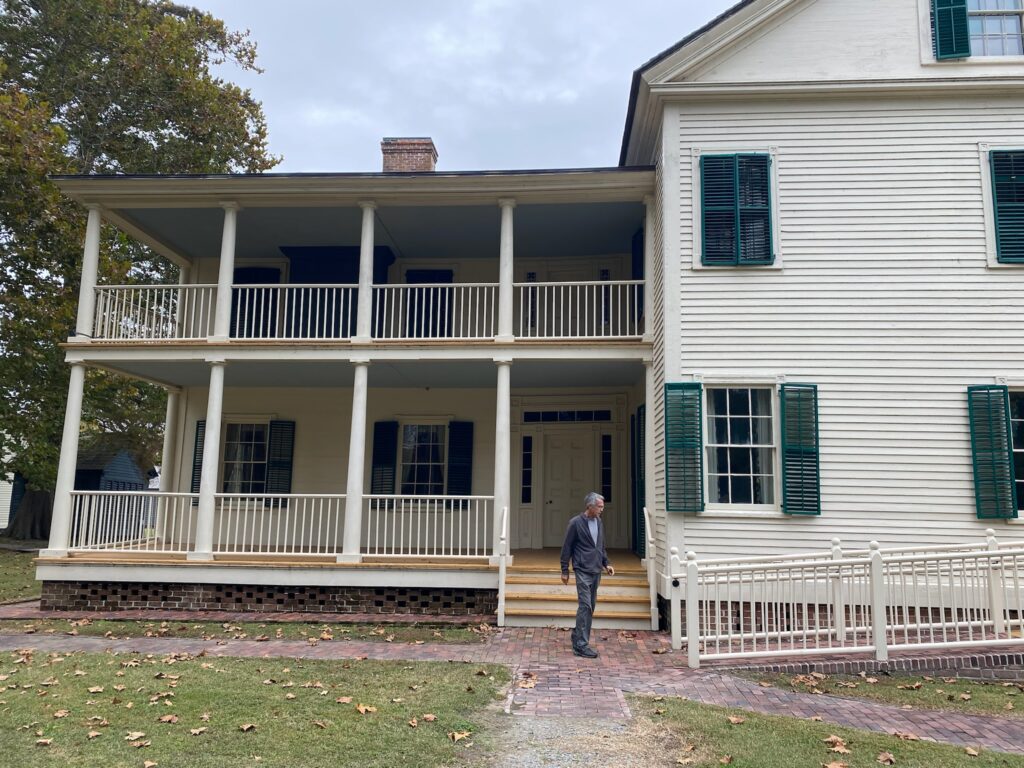
Summerset Place
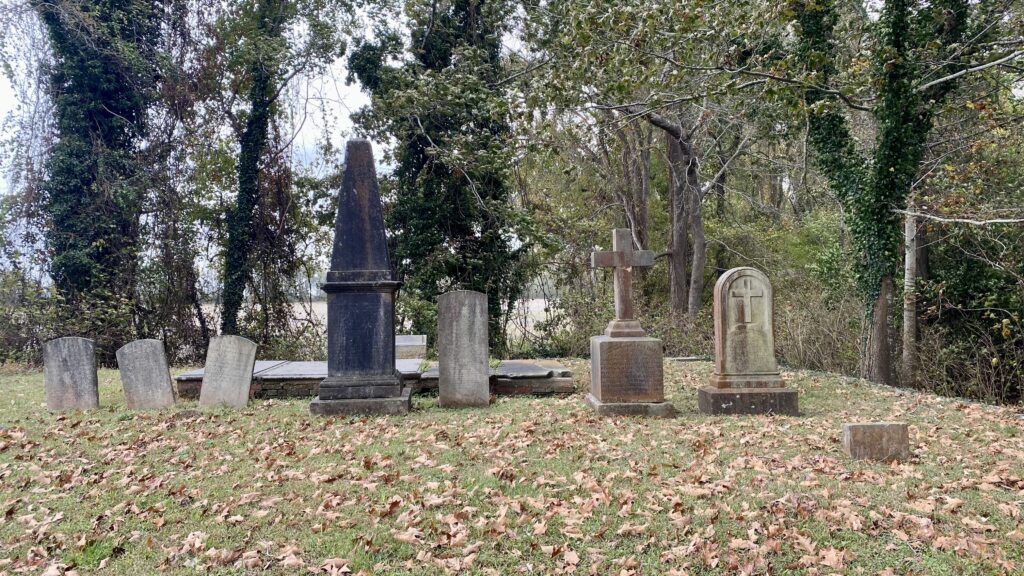
Pettigrew Cemetery
I don’t write these feelings to discourage you from visiting, but rather to encourage you to go and if you can’t go, to study. Make the time to understand history (good and bad, light and heavy) in hopes that, as the saying goes, we may never repeat the mistakes of the past – and that includes how we conduct ourselves each day.

